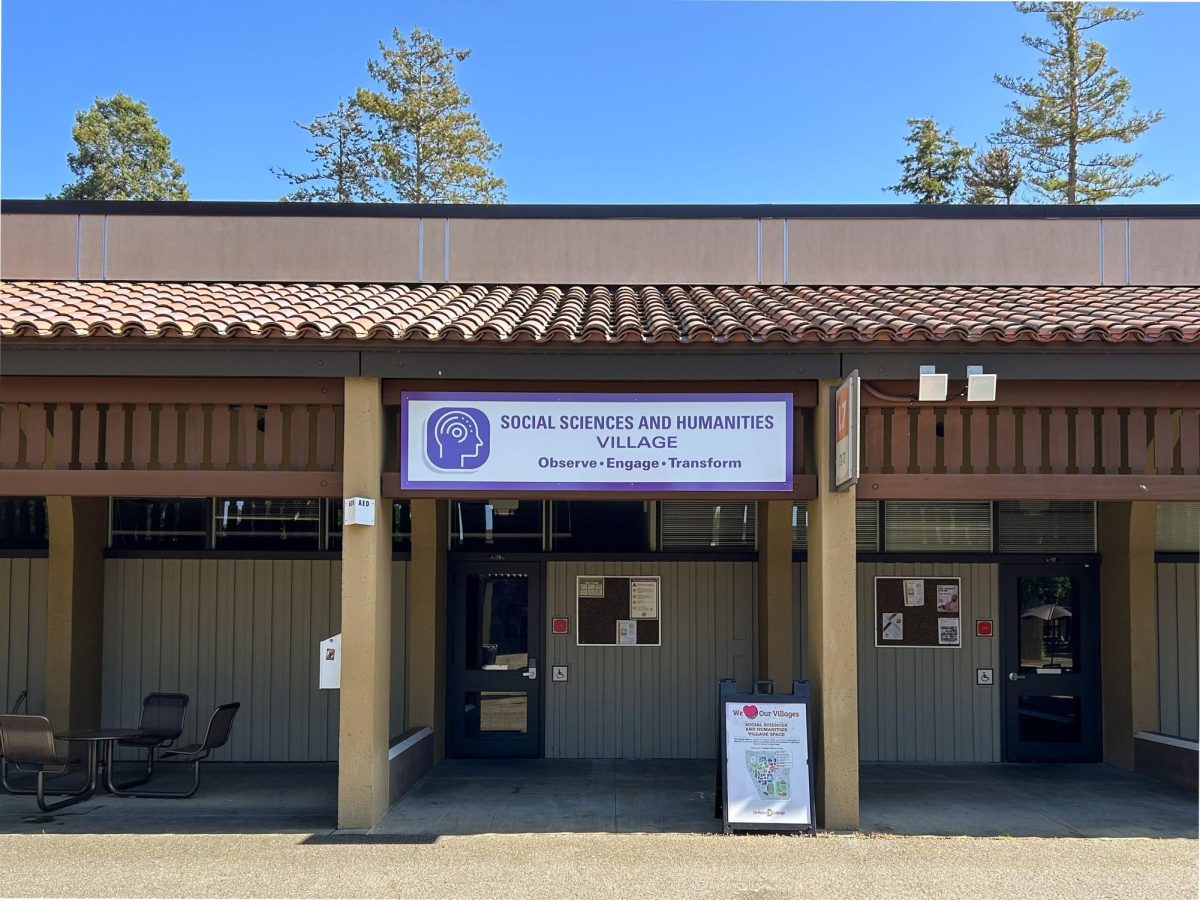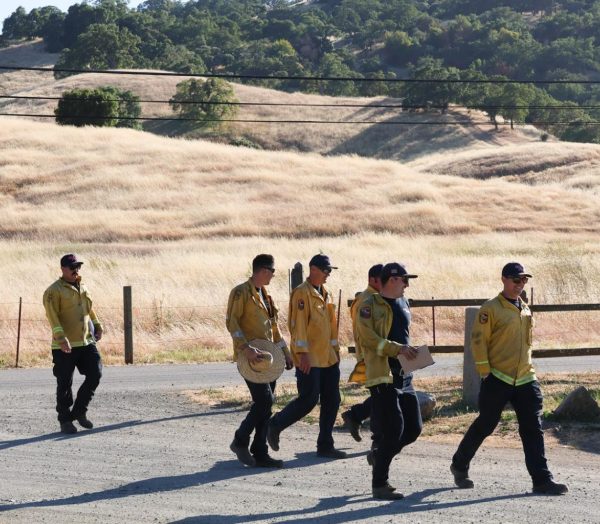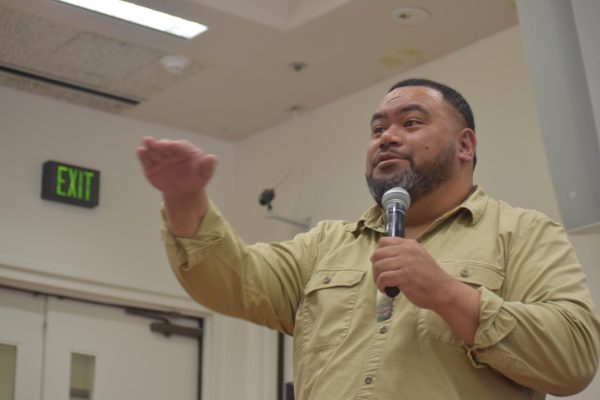Job action threatens committees, graduation attendance
Faculty and administration appear unwilling to compromise over COLA as work-to-contract protest enters third week
June 4, 2018
The Foothill-De Anza faculty enters its third week in a dispute with district adminstrators over the allocation of a cost of living adjustment.
May 21 was the first day of a work-to-contract job action wherein the faculty are doing the minimum contractual obligations of their jobs, which means no uncompensated work outside of class time and office hours.
Faculty participating are not answering student emails outside of office hours, advising student clubs or working on voluntary committees.“No faculty member wants to refuse to meet with a student outside of their office hours, no faculty member wants to not respond to an email, or a phone call or text,” said Robert Stockwell, professor of political science and president of the Faculty Association Political Action Committee.
“We’re in a position where we have to do that in order to demonstrate our solidarity and to demand that the work that we do is respected and compensated appropriately.”
The faculty position is that the 1.56 percent salary adjustment estimated to be a one time cost of $1.2 million is a reasonable request.
A cost of living adjustment is allocated money by the state for faculty to keep up with the area’s cost of living, which could be applied to wages, salaries and benefits.
The work-to-contract was implemented after a possible compromise was rejected, May 16 by the district.
“The district doesn’t want to commit any money until they know what the future budgets are,” said Raymond Brennan, part-time representative for the Faculty Association negotiation team.
“That seems to be the sticking point.”
In the eyes of administration, COLA is not feasible because of preexisting budget deficits, according to an email to faculty from Chancellor Judy Miner.
The deficits come from state mandated contributions for CalSTRS which are retirement, disability and survivor benefits for public educators.
Other deficits include automatic changes to collective bargaining agreements and regulatory benefit contributions in Social Security, Medicare and retirement.
Concerns surrounding the job action include potential negative impact on student success.
“Honestly, we hope not [to harm students], and we try, to the extent that we can, curtail the direct impact it will have on students,” said Tim Shively, president of the Faculty Association.
Shively says that uncompensated work is the faculty’s only bargaining chip.
Tiffany Nguyen, 19, business major, doesn’t see it that way.
“Of course it will hurt students,” Nguyen said.
“I think that’s pretty obvious because students need more than what’s in the classroom … what teachers bring other than that helps make the education we receive so much better.”
“It could advance it if the public begins to notice the difference,” said Richard Ferrie, language arts instructor. “To see that it’s interfering with the quality of education.”
For protesting faculty, the matter of participating in committes surrounding the budget cuts and attend graduation is up to them.
Students and faculty said they may voice their concerns to the Foothill-De Anza Board of Trustees meeting June 11
























